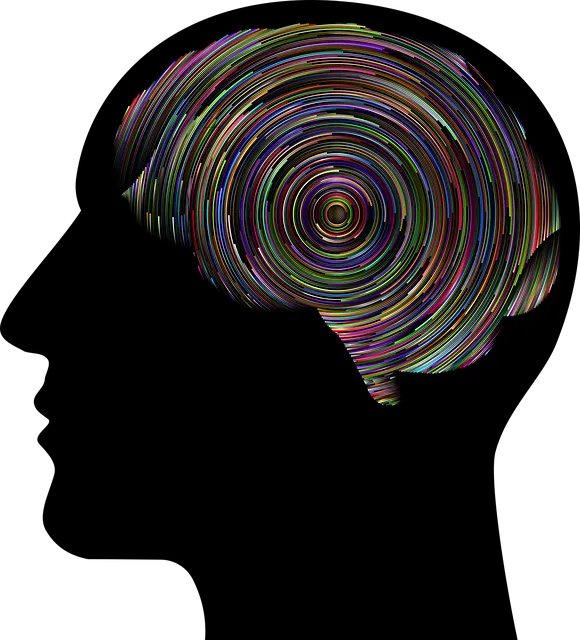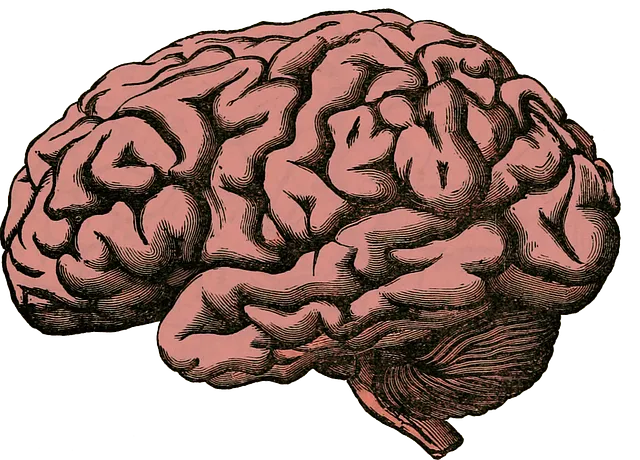The Centennial Kaiser Permanente Mental Health Access Center is dedicated to improving diagnosis accuracy in mental healthcare, addressing the pressing issue of misdiagnoses that hinder patient access to effective treatment. Using innovative tools like data analytics and machine learning, along with holistic practices like cognitive behavioral therapy and mindfulness meditation, they achieve precise diagnoses and tailored care plans. Their multifaceted approach includes training for healthcare professionals, continuous monitoring, and strong patient-provider relationships, ultimately enhancing mental health outcomes at both individual and community levels.
Mental illness diagnosis accuracy is a critical aspect of patient care, yet challenges like misdiagnoses and their profound impact persist. This article explores efforts to improve diagnostic precision, focusing on the transformative role of the Centennial Kaiser Permanente Mental Health Access Center. We delve into innovative strategies that enhance accuracy, including advanced assessment tools and continuous improvement models. By examining these initiatives, we aim to highlight how healthcare systems can ensure more effective treatment paths for individuals facing mental health challenges.
- Understanding the Challenges: Uncovering Misdiagnoses and Their Impact
- The Role of the Centennial Kaiser Permanente Mental Health Access Center
- Innovative Strategies for Enhancing Diagnosis Accuracy
- Ensuring Continuous Improvement: Post-Diagnosis Support and Monitoring
Understanding the Challenges: Uncovering Misdiagnoses and Their Impact

Misdiagnoses are a significant challenge within mental health care, often exacerbating the struggles faced by individuals seeking support. The Centennial Kaiser Permanente Mental Health Access Center has recognized this problem and is dedicated to improving diagnosis accuracy. Many cases of mental illness go unrecognized due to the complex nature of symptoms, which can vary widely across different conditions. This leads to misdiagnoses, causing further distress for patients and hindering their access to appropriate treatment.
The impact of these errors is profound. Incorrect diagnoses may delay necessary interventions, leading to increased emotional distress, worsened symptoms, and even suicidal ideation in severe cases. Mental Illness Stigma Reduction Efforts aim to address this issue by promoting awareness and understanding among healthcare professionals. Crisis Intervention Guidance and training on Emotional Regulation techniques can empower practitioners to recognize subtle signs, ensuring timely and accurate assessments, ultimately improving patient outcomes and the overall effectiveness of mental health services at centers like Centennial Kaiser Permanente.
The Role of the Centennial Kaiser Permanente Mental Health Access Center

The Centennial Kaiser Permanente Mental Health Access Center plays a pivotal role in enhancing mental illness diagnosis accuracy. This specialized center is dedicated to providing comprehensive care and support for individuals facing various mental health challenges. Through its innovative approaches, it aims to bridge the gap between understanding symptoms and arriving at precise diagnoses. The access center offers a multi-faceted strategy, combining advanced assessment tools with expert clinical judgment. By integrating communication strategies and resilience-building programs, it fosters an environment conducive to open discussions about mental health.
Moreover, the Centennial Kaiser Permanente Mental Health Access Center contributes to broader improvements in mental health policy analysis and advocacy. Its efforts extend beyond individual patient care by influencing systemic changes. By sharing best practices and conducting research, the center plays a vital role in shaping policies that support better diagnosis and treatment of mental illnesses. This holistic approach ensures that both individuals and communities benefit from more accurate and effective mental health services.
Innovative Strategies for Enhancing Diagnosis Accuracy

The Centennial Kaiser Permanente mental health access center has been at the forefront of pioneering strategies to enhance diagnosis accuracy. One innovative approach involves integrating advanced assessment tools that go beyond traditional methods, utilizing cutting-edge technology and data analytics to uncover nuanced symptoms and patterns. By analyzing large datasets and employing machine learning algorithms, healthcare professionals can now make more informed decisions, ensuring a precise diagnosis tailored to each individual’s unique mental health landscape.
Additionally, the center emphasizes the importance of holistic evaluation, incorporating not just clinical interviews but also patient-provider communication strategies and cognitive behavioral therapy techniques. These methods encourage open dialogue, fostering an environment where individuals feel comfortable sharing their experiences. By combining these innovative practices with a focus on active listening and positive thinking, the Centennial Kaiser Permanente mental health access center aims to significantly improve diagnosis accuracy, ultimately enhancing the quality of care provided.
Ensuring Continuous Improvement: Post-Diagnosis Support and Monitoring

After an accurate mental illness diagnosis is made, ensuring continuous improvement and support for patients is paramount. This includes ongoing monitoring to track progress and adjust treatment plans as needed. Centennial Kaiser Permanente’s Mental Health Access Center emphasizes post-diagnosis care by offering comprehensive resources and services designed to optimize patient outcomes. These efforts encompass various initiatives, such as regular check-ins with healthcare providers, access to mental health education programs, and the implementation of empathy-building strategies to foster strong patient-provider relationships.
Furthermore, integrating practices like mindfulness meditation into treatment plans can enhance coping mechanisms and overall well-being. By focusing on these aspects, the center aims to provide holistic care that addresses not just symptoms but also the underlying causes of mental health conditions. This comprehensive approach ensures patients receive the necessary support to lead fulfilling lives while managing their diagnoses effectively.
Mental illness diagnosis accuracy is a complex issue, but with innovative strategies and dedicated centers like the Centennial Kaiser Permanente Mental Health Access Center, significant improvements are achievable. By combining advanced tools, comprehensive training, and ongoing support, we can minimize misdiagnoses and ensure individuals receive timely, effective treatment. The efforts outlined in this article highlight a multifaceted approach to enhancing diagnosis accuracy, ultimately improving patient outcomes and fostering healthier communities.






